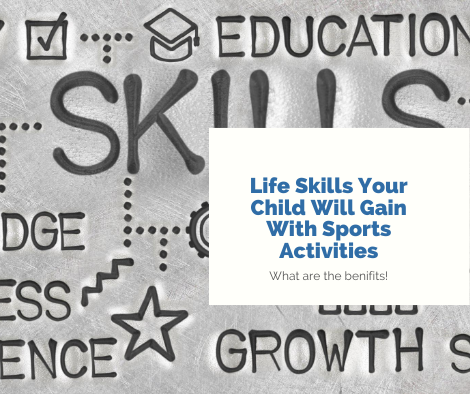Life Skills Learned Through Sports Activities
Commitment
All sports activities take a certain amount of dedication to stay involved in. Commitment is something that comes from within. While you can drive your child to practices, ultimately it is your child who will strive to not only participate in the sport but also get better at it. This life skill is essential for all aspects of adult life including relationships, college, and work.Communication
What sports activities lack in written communication, they make up for in verbal communication. Communication as a whole is a multifaceted life skill. It involves communication of verbal and nonverbal cues between one or more people. For children who participate in sports activities like soccer, football, and more with multiple players on a field, children will experience multiple forms of communication like:- A soccer player shouting a name to pass a ball to another player
- A coach shouting encouraging words from the bench to give players positive reinforcement
- Players and coaches coming together in a huddle to explain a game plan or strategy
 Play, games and sports have many benefits and teach kids important life skills.
Play, games and sports have many benefits and teach kids important life skills. 



